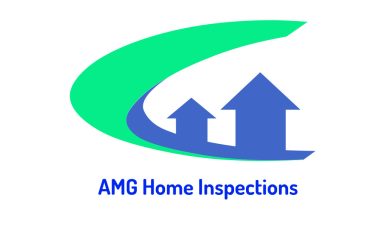


When is a Building Survey Required ?
There are different types of home surveys available, including:
Level 2 Home Survey (Homebuyers Survey):
- Overview: This survey provides an overview of the property's condition, highlighting significant defects or potential problems that could affect its value.
- Suitable Properties: It's recommended for more modern homes in relatively good condition that haven't undergone extensive alterations or renovations.
- Inspection Scope: The surveyor conducts a visual inspection of both the internal and external areas of the property.
- Inclusions: The surveyor may inspect accessible areas such as the roof space and cellar but does not go into as much detail as a Level 3 Survey.
- Report: The survey report provides essential information about the property's condition, defects, and potential future issues. It may also include a property valuation if agreed upon.
Level 3 Home Survey (Building Survey):
- Overview: This is a comprehensive inspection that offers a detailed report on the property's condition and potential defects or issues.
- Suitable Properties: It's recommended for older, more complex properties, or those that have undergone significant alterations or renovations.
- Inspection Scope: The surveyor conducts a thorough examination of both the interior and exterior of the property.
- Inclusions: The surveyor identifies visible defects like cracks, damp, rot, or subsidence and assesses potential future problems.
- Report: The survey report includes detailed descriptions, photographs of defects, and advice on how to address them. It provides expert opinions on necessary repairs or maintenance.
Both levels of survey play a crucial role in helping potential buyers make informed decisions about purchasing a property. The choice between a Level 2 and a Level 3 survey depends on the property's age, complexity, and condition. It's important to consider the recommendations of the surveyor and select the appropriate survey level to ensure a comprehensive understanding of the property's condition.

Energy Performance Certificates
It's wonderful to see the emphasis on energy efficiency and sustainability in domestic living. Domestic Energy Performance Certificates (EPCs) indeed play a crucial role in promoting energy-efficient practices in residential properties. They provide valuable insights into a property's energy consumption and carbon emissions, helping homeowners, buyers, and tenants make informed decisions about energy usage.
The rating system from A (highly efficient) to G (least efficient) helps individuals understand the current energy efficiency status of their property at a glance. Moreover, the EPC doesn't just stop at providing ratings; it offers actionable recommendations tailored to the specific property type. This guidance is invaluable for homeowners looking to make upgrades that will enhance their home's energy efficiency and reduce its environmental impact.
The involvement of accredited Domestic Energy Assessors ensures that the assessments are thorough and accurate. These assessments take into account various factors that contribute to energy efficiency, including the property's size, layout, construction materials, heating and cooling systems, ventilation, and lighting. By evaluating these elements, the EPC provides a holistic overview of the property's energy performance and areas for improvement.
Incorporating insulation upgrades, boiler improvements, and renewable energy installations are all excellent steps toward creating a more sustainable living space. These measures not only contribute to reducing energy bills but also play a significant role in decreasing a property's carbon footprint.
Promoting energy efficiency through EPCs aligns with broader efforts to address climate change and create a greener future. It empowers homeowners to take proactive steps toward energy conservation and supports the transition to a more environmentally friendly society.
Remember that energy efficiency isn't just about compliance; it's also about contributing to a more sustainable and healthier planet. By prioritizing energy efficiency and following the recommendations outlined in your Domestic EPC, you can make a positive impact on both your living space and the environment.
